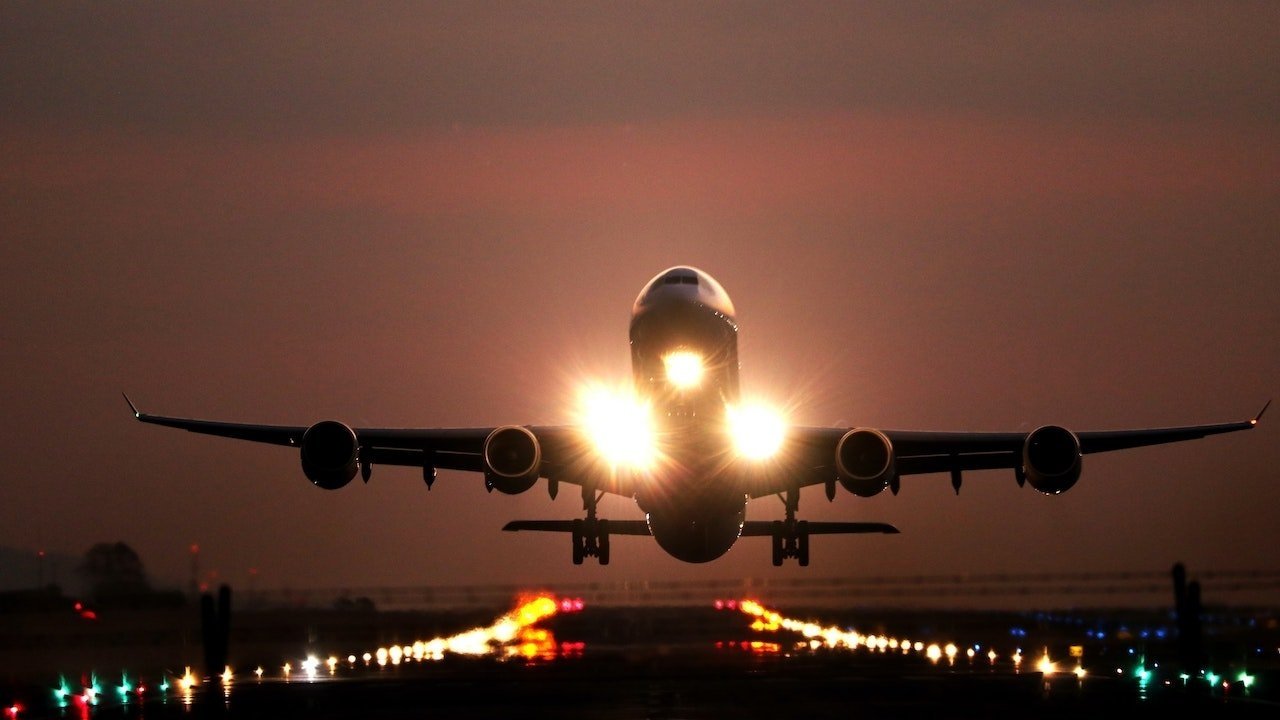AT&T & Verizon won't delay 5G rollout over aviation safety concerns
Verizon and AT&T have both rejected requests to delay the rollout of new 5G spectrum over aviation concerns, and will instead offer temporary safeguards.

AT&T, Verizon decline to delay 5G rollout
Previously, the Federal Aviation Administration and other government officials had asked AT&T and Verizon to delay the introduction of the C-Band spectrum for two weeks. The companies agreed to not deploy the 5G spectrum around airports for six months but rejected any other limitations, Reuters reported Sunday.
In a joint letter, AT&T and Verizon said the delay of their 5G rollout would be "an irresponsible abdication of the operating control required to deploy world-class and globally competitive communications networks."
The FAA has voiced concerns about the C-Band spectrum, suggesting that it could interfere with certain automated cockpit systems. The spectrum, however, is currently in use in other countries like France with no reported problems.
"The laws of physics are the same in the United States and France," AT&T's and Verizon's chief executives wrote. "If U.S. airlines are permitted to operate flights every day in France, then the same operating conditions should allow them to do so in the United States."
Their proposal to offer an exclusion zone around airports is currently in use in France, the executives wrote. However, the U.S. exclusion zones would have a "slight adaptation" because of "modest technical differences in how C-band is being deployed."
On Sunday, the FAA said that it was "reviewing the latest letter from the wireless companies on how to mitigate interference from 5G C-band transmissions." The FAA added that "U.S. aviation safety standards will guide our next actions."
Read on AppleInsider

AT&T, Verizon decline to delay 5G rollout
Previously, the Federal Aviation Administration and other government officials had asked AT&T and Verizon to delay the introduction of the C-Band spectrum for two weeks. The companies agreed to not deploy the 5G spectrum around airports for six months but rejected any other limitations, Reuters reported Sunday.
In a joint letter, AT&T and Verizon said the delay of their 5G rollout would be "an irresponsible abdication of the operating control required to deploy world-class and globally competitive communications networks."
The FAA has voiced concerns about the C-Band spectrum, suggesting that it could interfere with certain automated cockpit systems. The spectrum, however, is currently in use in other countries like France with no reported problems.
"The laws of physics are the same in the United States and France," AT&T's and Verizon's chief executives wrote. "If U.S. airlines are permitted to operate flights every day in France, then the same operating conditions should allow them to do so in the United States."
Their proposal to offer an exclusion zone around airports is currently in use in France, the executives wrote. However, the U.S. exclusion zones would have a "slight adaptation" because of "modest technical differences in how C-band is being deployed."
On Sunday, the FAA said that it was "reviewing the latest letter from the wireless companies on how to mitigate interference from 5G C-band transmissions." The FAA added that "U.S. aviation safety standards will guide our next actions."
Read on AppleInsider

Comments
On the flip side, the telcos have DATA (actual test results) showing that little or no concern about interference exists.
The "automated cockpit system" component in question is the ground radar altimeter.
When these precision landing radar systems were designed and deployed, flying into a soup of
competing frequencies at low altitude wasn't a design consideration.
Considering the potential for catastrophe in a fault condition, involuntarily placing airline passengers
into carrier's beta tests looks like yet another money over safety risk that will bring all sorts of hand
wringing and finger pointing when an aircraft crashes short of the runway into a housing development.
But what's a few hundred lives when there's money to be made?
This part of the spectrum is used for altimeters required to safely land planes -- especially in inclement weather. If Verizon & AT&T suck it all up, planes may start crashing. But that's a small price too pay for additional profits.